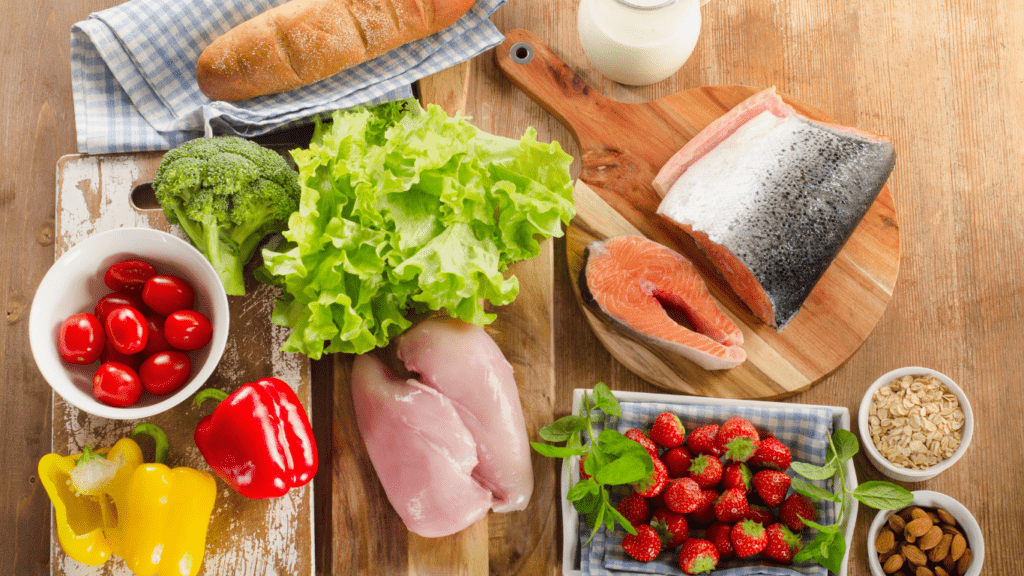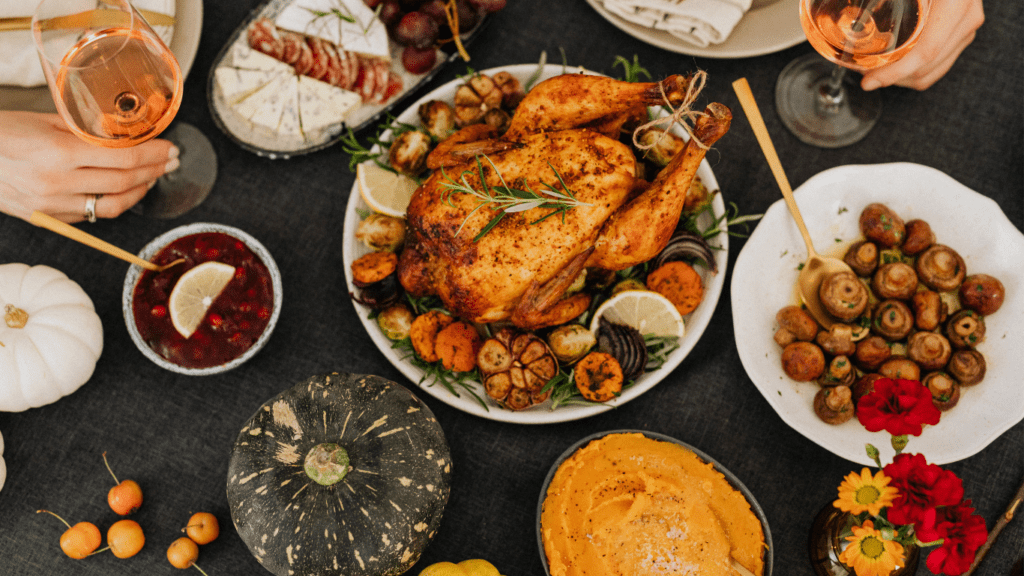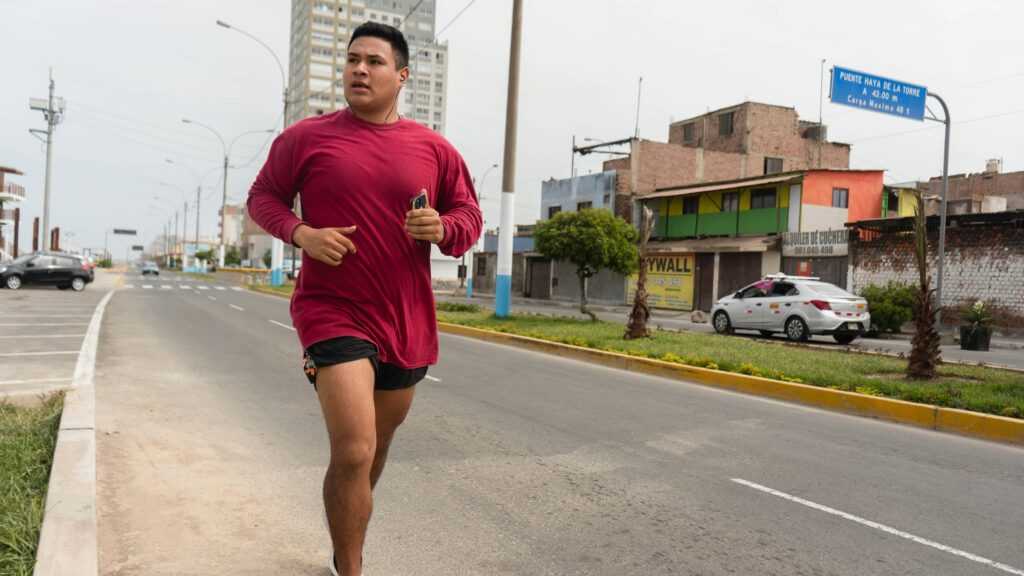Understanding the Importance of Recovery Foods
After completing a marathon, your body needs specific nutrients to heal and rejuvenate. Consuming the right foods boosts recovery, replenishes glycogen stores, and repairs muscle damage.
Why Nutrition Matters After a Marathon
Proper nutrition impacts how efficiently your body recovers post-marathon. Carbohydrates restore depleted glycogen levels, which fuel your muscles during the race. Proteins are essential as they repair and build muscle tissues damaged during the marathon. Without adequate nutrition, fatigue lingers, and recovery slows.
- Carbohydrates: Examples include pasta, rice, and fruits, which replenish muscle glycogen stores.
- Proteins: Sources like lean meats, eggs, and legumes aid muscle repair and growth.
- Electrolytes: Sodium, potassium, and magnesium from sports drinks or electrolyte tablets rehydrate and balance body fluids.
- Antioxidants: Fruits like berries and vegetables like spinach reduce inflammation and oxidative stress.
- Omega-3 Fatty Acids: Found in fish, chia seeds, and walnuts, they reduce muscle soreness and inflammation.
Distinct nutrients accelerate healing and energy restoration, getting you back to your routines faster.
Best Types of Recovery Foods

The right recovery foods are crucial to bounce back after a marathon. Consuming a balanced combination of carbohydrates, proteins, and fats ensures effective recovery.
Carbohydrates to Replenish Energy
Carbohydrates replenish glycogen stores depleted by long-distance running. Examples include pasta, rice, and sweet potatoes. Whole grains, like quinoa and oats, provide a steady release of energy.
Fruits such as bananas and berries offer quick glucose replenishment and vital vitamins.
Proteins for Muscle Repair
Proteins are essential for repairing muscle damage post-marathon. Lean meats, like chicken and turkey, supply high-quality protein. Fish, especially salmon, contain both protein and omega-3 fatty acids to reduce inflammation.
Plant-based options, such as beans and lentils, offer a great protein source for vegetarians and vegans.
Fats for Long-Term Energy
Fats provide long-term energy, supporting overall recovery. Avocados and nuts, like almonds and walnuts, offer healthy monounsaturated fats. Omega-3-rich sources such as flaxseeds and fish oils contribute to reducing inflammation and accelerating healing.
Incorporate these fats into meals for sustained energy release.
Eating the right recovery foods post-marathon aids in rapid healing and a quicker return to regular activities.
Hydration and Recovery
After a marathon, rehydrating is crucial for recovery. The body loses significant amounts of fluids and electrolytes during the race, which makes replenishing both essential.
Rehydrating After a Marathon
Rehydrating starts soon after finishing the marathon. Drinking water helps restore lost fluids. Aim for 24 ounces per pound lost during the race.
Monitoring urine color also helps; a pale yellow indicates proper hydration. Alongside water, incorporate drinks like coconut water or diluted fruit juices to provide additional nutrients.
Electrolytes and Their Role
Electrolytes are vital for muscle function and overall recovery. During a marathon, significant amounts of sodium, potassium, and magnesium are lost through sweat.
Consuming electrolyte-rich foods like bananas, spinach, and sweet potatoes helps replenish these crucial minerals. Sports drinks and electrolyte tablets also aid in balancing electrolyte levels quickly.
Together, proper hydration and electrolyte balance enhance your body’s ability to recover efficiently.
Timing Your Post-Marathon Meals
Proper timing of meals post-marathon maximizes recovery and performance. Consuming the right nutrients at the right times is crucial.
When to Eat After the Race
Eat within 30 minutes to jumpstart recovery. The body rapidly absorbs nutrients during this window. Drink a recovery smoothie or a sports drink with carbohydrates and protein immediately after finishing.
This combination replenishes glycogen stores and begins muscle repair.
What to Eat Immediately Vs. Hours Later
Consume carbohydrates and protein immediately post-race. Examples include a banana with peanut butter or a protein bar. These foods provide fast-acting energy and support muscle regeneration.
Two to four hours later, eat a balanced meal. Incorporate complex carbohydrates, lean proteins, and healthy fats. An example is a grilled chicken sandwich with avocado on whole-grain bread. This meal sustains recovery and replenishes energy reserves gradually.
Timing ensures optimal nutrient absorption and efficient muscle recovery. Proper meal timing balances immediate and extended recovery needs efficiently.
Recovery Meal Ideas and Recipes
Eating the right recovery food after a marathon makes a huge difference in how quickly you regain your strength and vitality. Here are specific meal ideas and recipes designed to optimize recovery.
Simple and Quick Recovery Meals
Simple meals post-marathon save time while ensuring essential nutrients. Here are three balanced options:
- Oatmeal with Banana and Almond Butter: Combine 1 cup of oats with water or milk. Top with a sliced banana and 2 tablespoons of almond butter. This meal offers carbs for immediate energy and protein for muscle repair.
- Greek Yogurt with Berries and Honey: Mix 1 cup of Greek yogurt with a handful of mixed berries and drizzle with 1 tablespoon of honey. Greek yogurt provides high-quality protein, while berries add antioxidants and vitamins.
- Whole-Grain Toast with Avocado and Egg: Toast 2 slices of whole-grain bread. Spread half an avocado on one slice and top with a boiled or scrambled egg. Add a dash of salt and pepper. This meal delivers fiber, healthy fats, and protein.
Recipes for Optimal Recovery
For those who enjoy cooking, these recipes ensure post-marathon recovery is delicious and effective.
- Grilled Chicken with Quinoa and Veggies:
- Ingredients: 1 cup quinoa, 1 grilled chicken breast, mixed vegetables (e.g., bell peppers, broccoli, carrots), olive oil, salt, pepper.
- Instructions: Cook quinoa per package instructions. Grill a chicken breast seasoned with olive oil, salt, and pepper. Steam or sauté mixed vegetables. Combine all on a plate. This recipe provides lean protein, complex carbs, and vitamins.
- Salmon and Sweet Potato Bowl:
- Ingredients: 1 salmon fillet, 1 medium sweet potato, spinach or kale, olive oil, herbs (e.g., thyme, rosemary), salt, pepper.
- Instructions: Bake salmon at 375°F for 20 minutes seasoned with olive oil, thyme, and rosemary. Roast sweet potato cubes in the oven for 25-30 minutes with olive oil, salt, and pepper. Serve with a side of spinach or kale. This bowl offers omega-3 fatty acids, complex carbs, and iron.
- Lentil Soup with Brown Rice:
- Ingredients: 1 cup lentils, 1/2 cup brown rice, diced tomatoes, carrot, celery, onion, garlic, vegetable broth, olive oil, salt, pepper.
- Instructions: Sauté onion, garlic, carrot, and celery in olive oil until soft. Add lentils, diced tomatoes, and vegetable broth. Simmer until lentils are tender. Cook brown rice separately. Combine soup and rice in a bowl. Lentils and brown rice ensure a plant-based protein source with essential amino acids.



